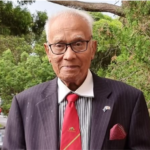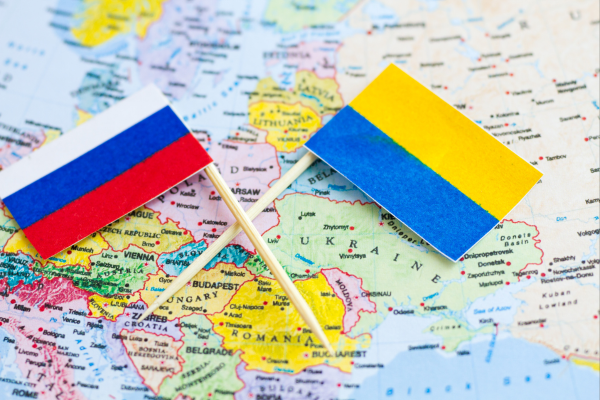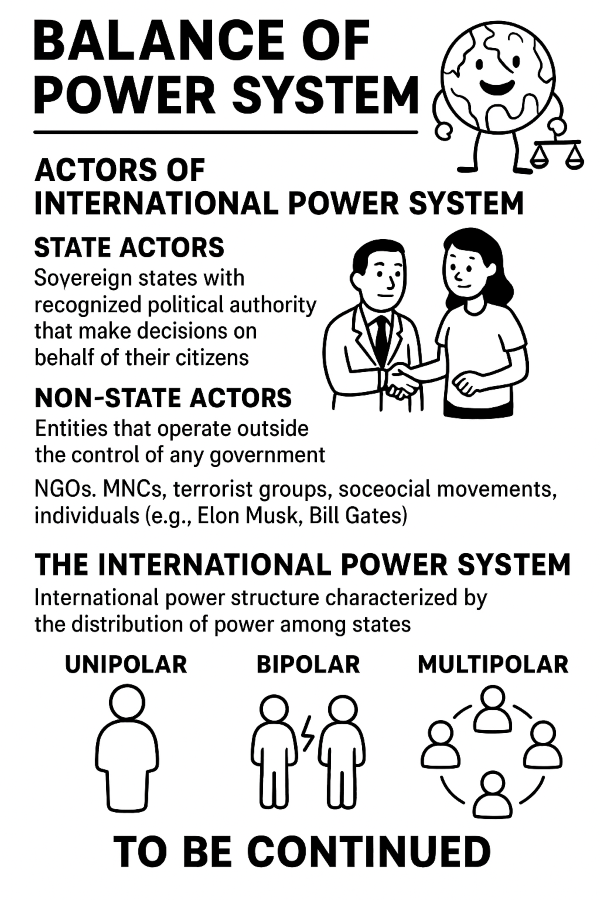Prospects and Implications of the Upcoming Trump-Putin Meeting in Alaska – By Harold Gunatillake

Territorial Swaps and the Quest for Peace in Ukraine: Introduction
Recent developments in international diplomacy have rekindled discussions concerning the ongoing conflict between Russia and Ukraine. Notably, U.S. President Donald Trump has proposed that a potential peace accord might necessitate territorial concessions, with Ukraine possibly relinquishing some land to Russia. This claim, in conjunction with the announcement of an upcoming meeting between Trump and Russian President Vladimir Putin, scheduled for August 15, 2025, in Alaska, has garnered considerable international attention and conjecture.
The Russian-occupied territories of Ukraine are regions in the south and east of Ukraine that Russia controls due to the Russo-Ukrainian War and the ongoing invasion. In Ukrainian law, they are described as the “temporarily occupied territories”. As of 2024, Russia occupies nearly 20% of Ukraine, and an estimated 3 to 3.5
million Ukrainians live under occupation. Since the invasion, the occupied regions have lost about half of their population. The United Nations Human Rights Office reports that Russia is committing serious human rights violations in occupied Ukraine, including arbitrary detentions, enforced disappearances, torture, crackdowns on peaceful protest and freedom of speech, enforced Russification, passportisation, indoctrination of children, and suppression of Ukrainian language and culture. ( Wikipedia)
The Notion of Territorial Swapping
Central to Trump’s remarks is the concept that peace could be established through the’ swapping of territories.” Such a strategy typically involves the exchange or transfer of disputed regions to resolve hostilities. In the context of Russia and Ukraine, this proposal is both controversial and complex. The Russian invasion of Ukraine in February 2022 resulted in the occupation and annexation of several Ukrainian territories, including Crimea and parts of the Donbas region. Appeals for Ukraine to relinquish these territories have been met with firm opposition from Ukrainian authorities and a significant portion of the international community, who advocate for the preservation of Ukraine’s territorial integrity.
The suggestion that the United States might endorse such an agreement indicates a potential departure in American foreign policy, moving away from previous commitments to Ukraine’s sovereignty. Critics warn that forcing Ukraine to cede land may set a concerning precedent, jeopardising international law and encouraging future acts of aggression.
The Upcoming Trump-Putin Meeting: Details and Expectations
President Trump has announced, via Truth Social, that he and President Vladimir Putin will meet next Friday, August 15, 2025, in Alaska. This event, described as “highly anticipated,” signifies an important diplomatic engagement, particularly considering the historic tensions between the two nations and the broader context of the conflict in Ukraine.
Alaska, a symbolic location due to its proximity to Russia and its history as Russian territory prior to its acquisition by the United States in 1867, provides an evocative setting for the summit. The selection of this venue may be intended to emphasise the significance of U.S.-Russian relations and the direct approach both leaders are adopting towards these sensitive geopolitical issues.
Although specific agenda items have not been publicly disclosed, observers anticipate that the discussion will focus on the Ukraine conflict, security guarantees, sanctions relief, and broader U.S.- Russia relations. President Trump’s explicit reference to “swapping of territories” indicates that territorial questions will form a central part of the negotiations.
Background to the Negotiations
The meeting in Alaska between former U.S. President Donald Trump and Russian President Vladimir Putin was poised as a high- profile attempt to broker a ceasefire in ongoing hostilities. Such direct talks between leaders of major powers are often shrouded in secrecy and strategic manoeuvring, particularly when the stakes involve complex conflicts and deeply entrenched interests.
Exploring Possible Reasons for Exclusion of Zelensky from Trump- Putin Talks
The intricacies of international diplomacy often leave key leaders on the sidelines of major negotiations, prompting speculation and debate about the motives and implications behind such decisions. The reported absence of Ukrainian President Volodymyr Zelensky from recent ceasefire discussions between Donald Trump and Vladimir Putin in Alaska on August 15th is no exception. While details remain speculative, several plausible factors may explain this situation.
- The exclusion could be interpreted as a message regarding the perceived status or influence of Ukraine in the overall It may reflect a desire to project that the resolution of hostilities is ultimately to be determined by superpowers, relegating Ukraine to a secondary role.
Potential Implications for Ukraine and the International Community
The prospect of Ukraine being compelled to cede land raises profound concerns regarding the future of international norms. Many apprehend that legitimising territorial annexations through force could destabilise the global order. For Ukraine, the stakes are exceptionally high: the loss of territory would not only undermine its sovereignty but could also encourage further aggression.
For the United States, aligning with Russia on this matter could have implications for its alliances and influence within Europe, particularly among NATO allies and nations bordering Russia. The international community will closely observe whether the meeting yields substantive peace proposals or merely exacerbates existing divisions.
Historical Context and Precedents
Territorial swaps have occasionally resolved international disputes, but rarely without significant controversy or lasting resentment. The post-World War II realignment of borders in Europe, for example, left unresolved grievances and population displacements. In the case of Russia and Ukraine, the emotional, cultural, and strategic significance of the contested territories complicates any potential deal.
Conclusion
As the international community anticipates the upcoming meeting between President Trump and President Putin in Alaska, significant concerns arise regarding the potential outcomes and their ramifications for Ukraine, Russia, and the broader global context. While the proposition of a “swap of territories” may present a possible avenue for terminating hostilities, it concurrently introduces substantial risks to the doctrines of sovereignty and international law. Ultimately, the efficacy of any peace initiative will hinge upon substantive dialogue, adherence to national borders, and the determined will of the populations most impacted by the conflict.
Must watch
























